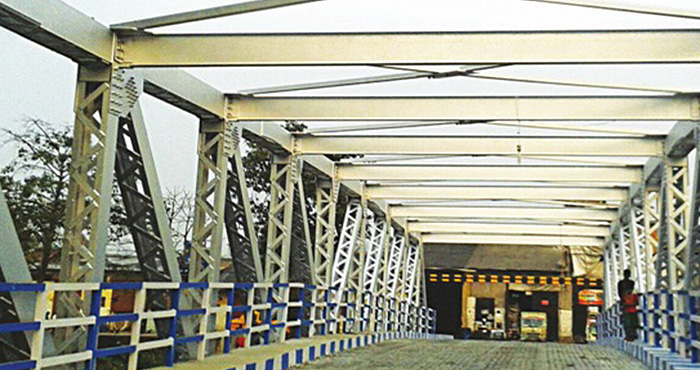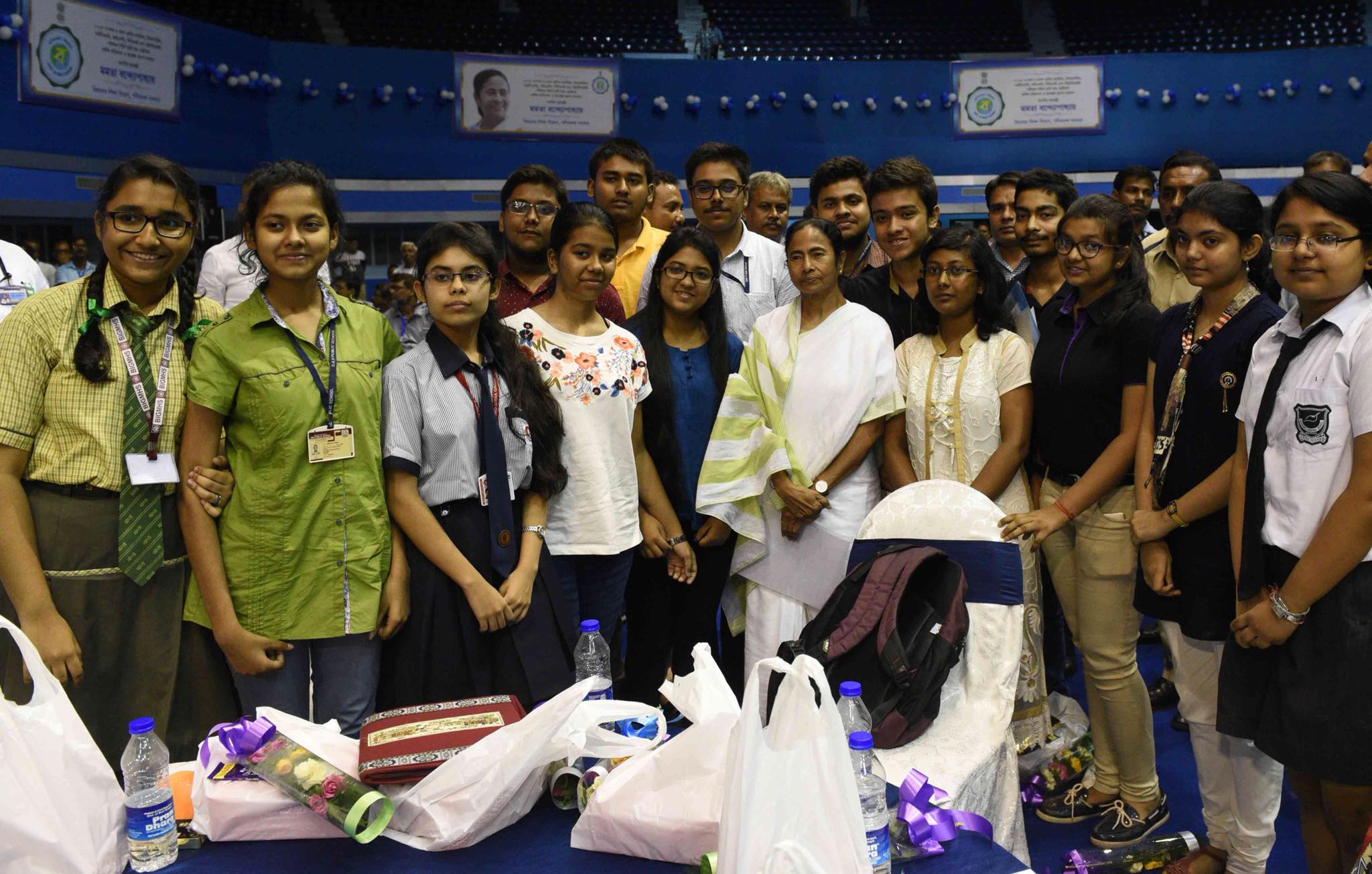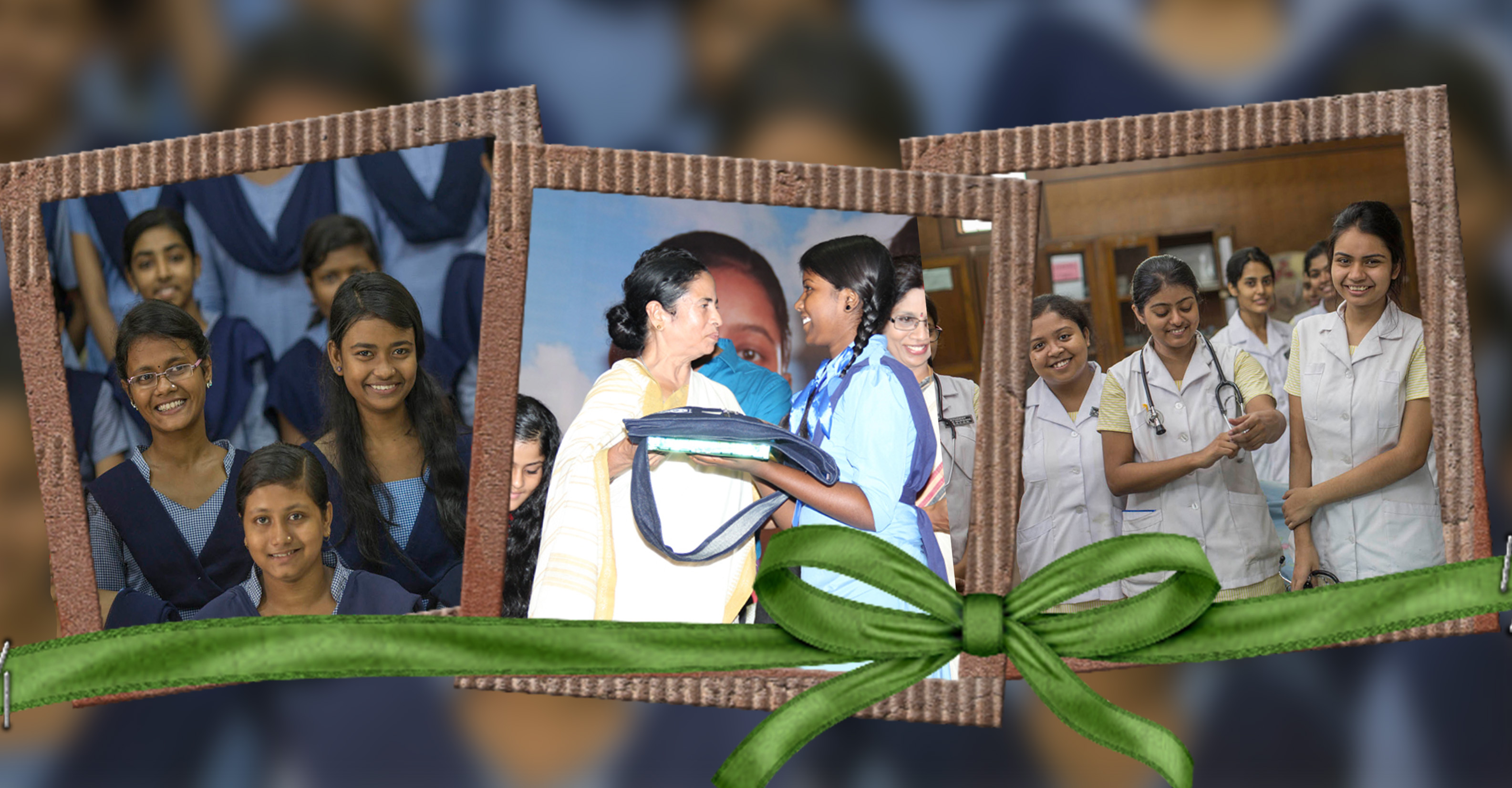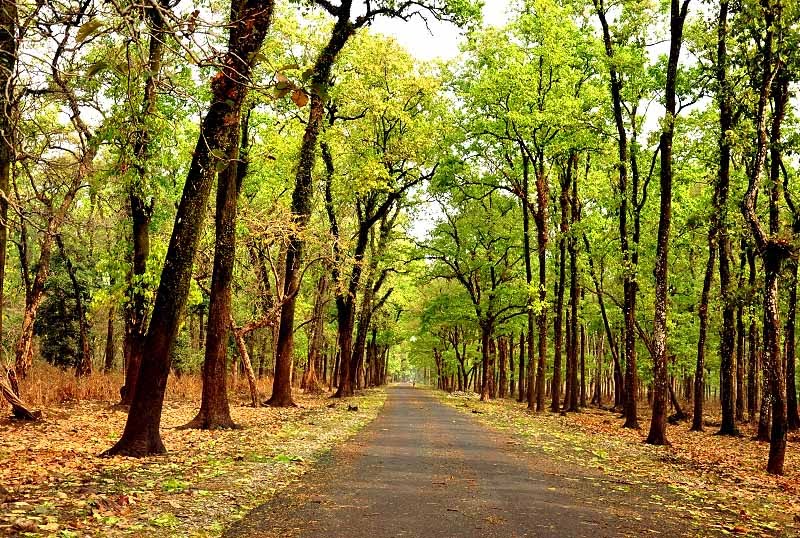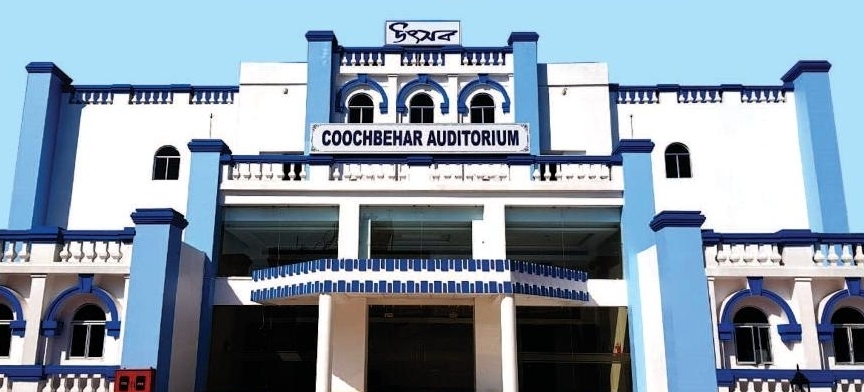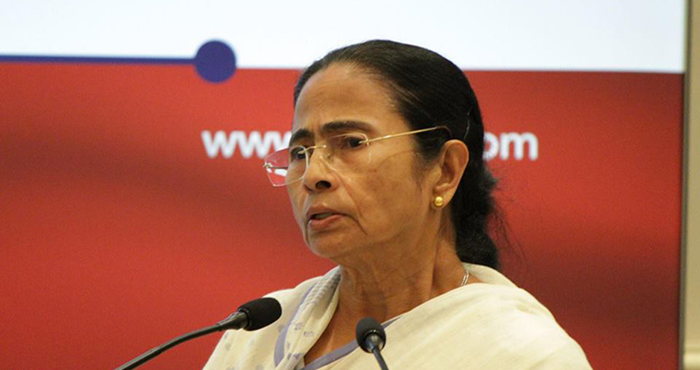Earlier today, Chief Minister Mamata Banerjee spoke at a business meet in Milan, Italy jointly organised by ASSOLOMBARDA, Italian Trade Commission, FICCI and the Bengal Government. It was attended by potential investors from Italy.
She spoke on the strengths of Bengal and on the synergies that Italy and Bengal can create in various sectors. At the business meet there were detailed discussions on the possibilities of investment from Italy in sectors like infrastructure, manufacturing, design and innovation, ICT, leather, textiles, agro-processing, tourism and automobiles.
Here is what she said, while addressing the Italian investors:
Italy and Bengal are very similar in nature because Italy had their Renaissance in the 16th century and in Bengal too a Renaissance happened, in the 19th century. There is a big similarity. You have the art, the culture, the technology, the systems, the mechanisms, you have had so many renowned artists, and everybody says that Bengal is the cultural capital of the world. Bengal has produced so many renowned sons of the soil, like Tagore and and Netaji. You have so many experts from the fields of leather and technology. We respect all. We also love your foods, like pasta. We love your football too. Bengal is a land of football lovers, and we love Italian football too. Everybody is proud of Italy’s prowess in football.
I had come to Italy earlier, to the Vatican, on an invitation from them, in September 2016 when Mother Teresa received sainthood. Mother Teresa belongs to Kolkata. The Missionaries of Charity’s headquarters is there, and we maintain the best of relations with them.
You have so many industrial partners in India, about 600, and you have invested in Bengal too. We want to build up further on our relationship. Italian companies have invested in India in sectors like transportation, food processing, textiles, electronic equipment, leather technology, etc. The relation between Italy and Bengal can be scaled up. We are taking major steps in setting up design centres; Italy can be a major partner in that too.
Throughout history, Bengal has produced so many luminaries in so many fields. Now Bengal believes that Bengal means business. We have social commitment as well as commercial commitments. With respect to the former, we give free treatment to the downtrodden and we encourage empowerment of the girl child; we have policies to suit every stage of a person’s life – we give free saplings when a child is born, we provide money for cremation to the families which can’t afford it.
With respect to business, it is important to remember the strategic location of Bengal. It has historically been the centre of business; it is the gateway to South and South-East Asia – to Nepal, Bangladesh, Bhutan, Singapore, Bangkok, Kuala Lumpur. This is why Bengal has a major role to play. Bengal serves as a major hub in the trade route to south-east Asian countries, to the landlocked nations of Nepal and Bhutan, and to north-east India too – the eight sister States. Bengal’s population is also very significant.
If you look at the GSDP growth rate, that is, gross state domestic product, for 2017-18, at constant price, it is 9.15 per cent, compared to a growth in GDP for India at 6.7 per cent. Bengal has a higher growth in every sector, from agriculture to industry to services.
Italy has great experience in various technical fields whereas Bengal has skilled manpower, an aspect in which we are number one in India. Bengal has talented manpower at a price which is cheaper than in other parts of India, and the world as well. Bengal leads in education and culture. In skilled manpower, the MSME sector and e-governance, we are number one in India. In ease of doing business too, we are number one.
We also believe in grassroots development. We believe that like two sisters, agriculture and industry must live together, and in both, Bengal is doing very good. We have a land policy and a ready land bank. We have power available for industry 24×7. We also have rural electricity connectivity. The number of man-days lost has come down from about 80 billion to zero. An industry-friendly policy is also there, so too an MSME policy, a textile policy, an IT policy, an agricultural policy and a tourism policy. We also have food security, a health-for-all policy in the form of Swasthya Sathi, housing policy for the poor, environment policy, environment-friendly transport system and provide education for the marginalised people.
Our beauty is that we all work together – all castes, creeds and communities. We do not differentiate on this count. We believe that humanity is like a family.
Bengal has a great potential in the leather industry. We have a leather hub. You, the Italians, are famous for your leather industry. So we can use your experience and you can transfer your technology for our growth. So let us all work together. Italy is great in technology and Bengal is great in steel and mining.
We invite Italian companies to invest in Bengal. If you have the vision, Bengal has the mission, if you have the action, Bengal has the reaction, if you have the technology, Bengal has the manpower. So if you want to compare, we are like twin sister states – India and Italy. I believe our Indian government, our embassy will give full support to Italian industry. We are like a family. You invest your money in Bengal, and in other regions of India too. India is like your sweet home.

